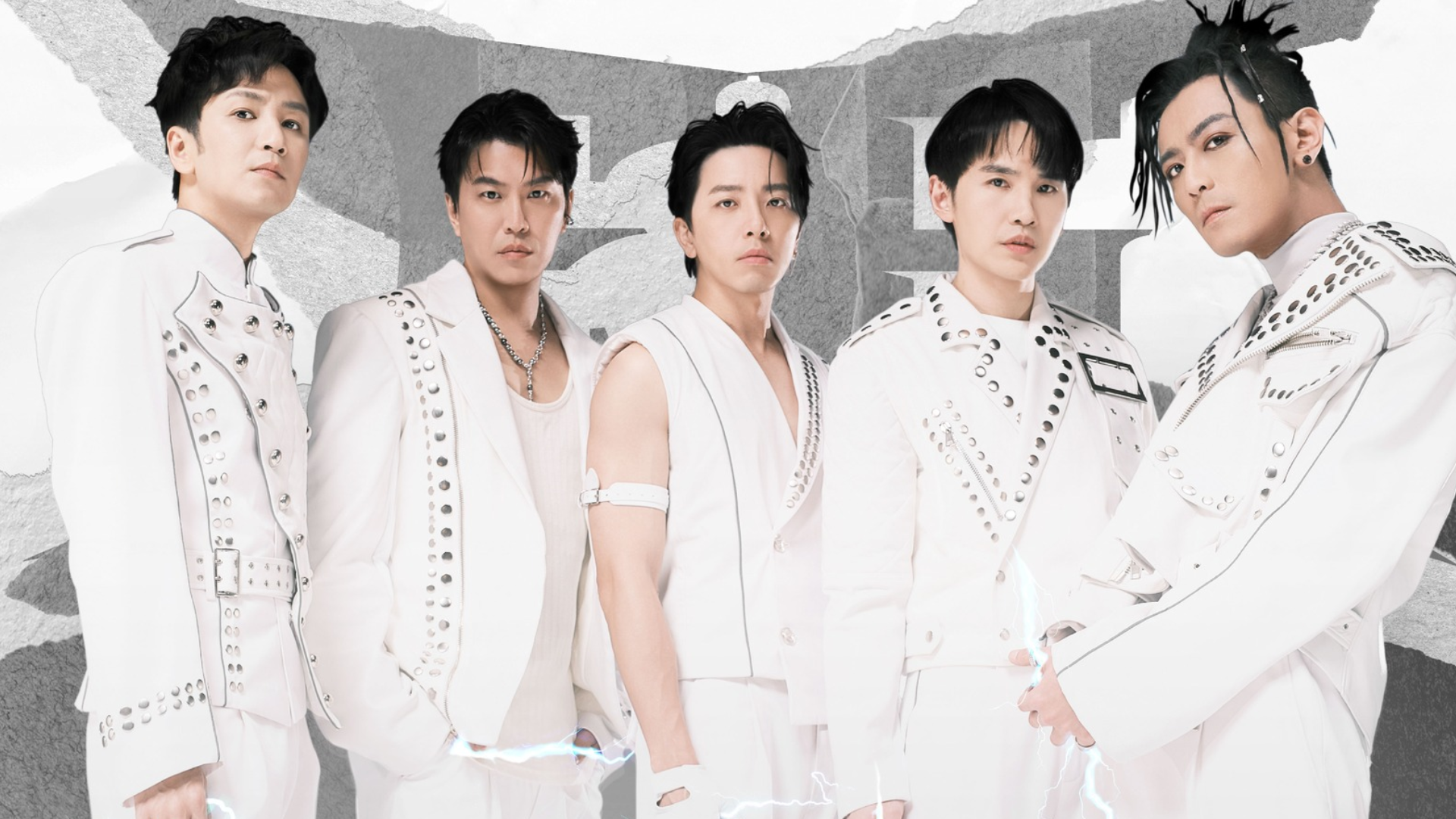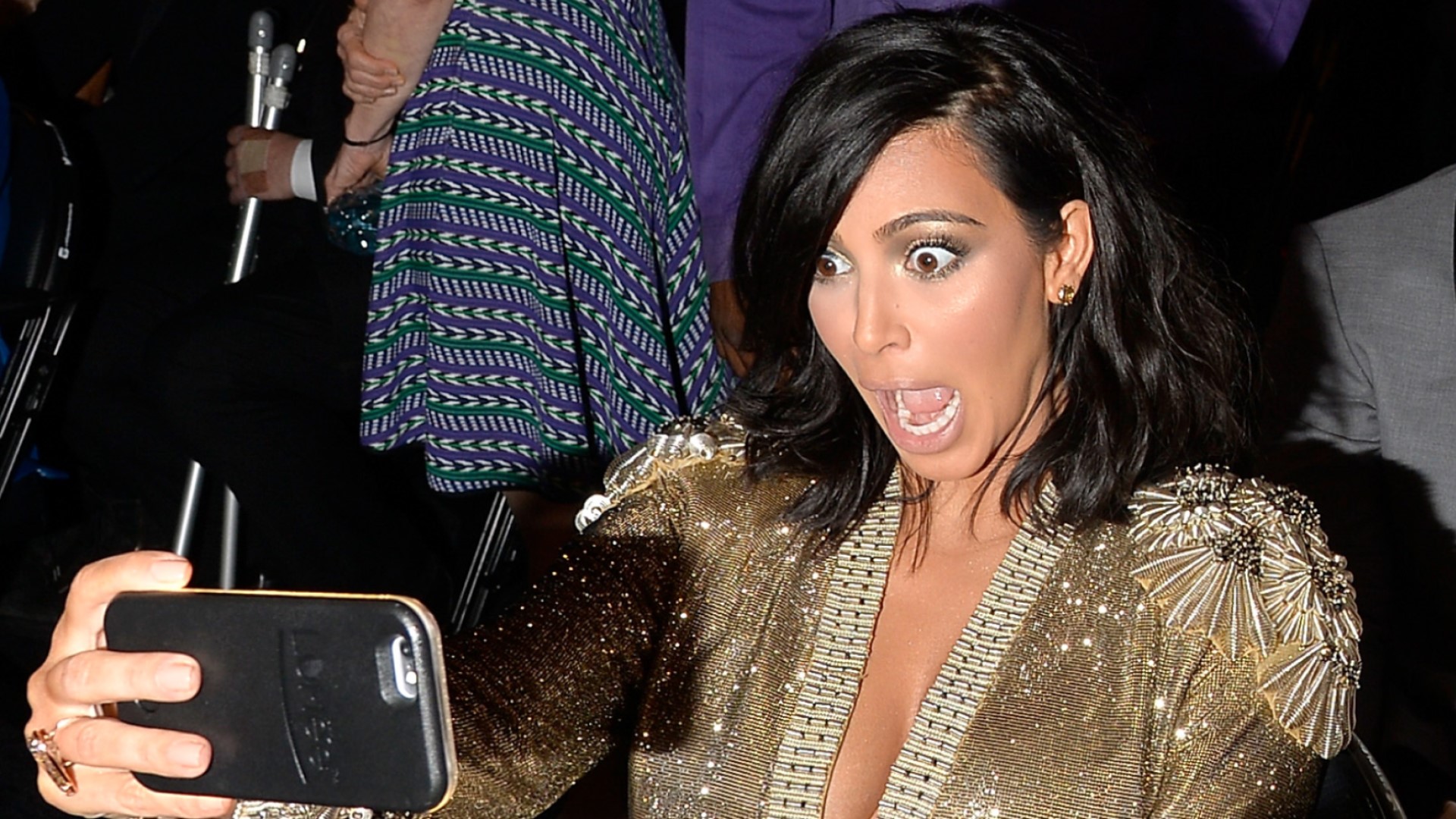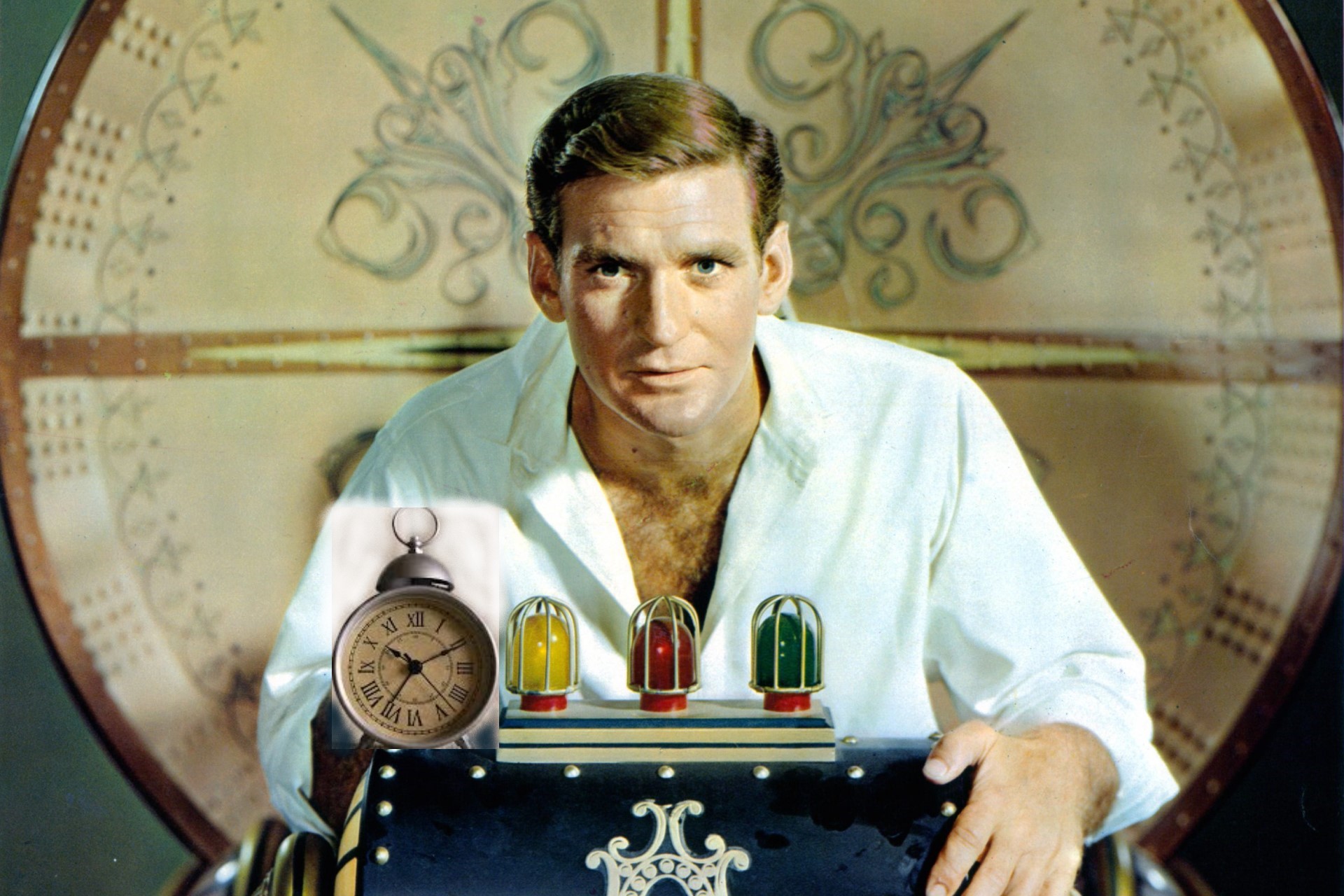Kim Tae-ri faces allegations of exploiting unpaid volunteers for YouTube
Kim Tae-ri is a South Korean actress known for her work in films such as 2016’s ‘The Handmaiden’ and 2022’s ‘Twenty-Five Twenty-One’. Recently, the actress has been embroiled in a scandal where she has been accused of taking advantage of her fans’ goodwill for free labour.
Kim Tae-ri was born on April 24, 1990, in Seoul, South Korea. Her journey in the entertainment industry began with humble beginnings because she had not been professionally trained in it at university and began relatively later than peers who had been trained in acting since childhood.
Kim Tae-ri became interested in acting after joining a college theatre club at her university and falling in love with the craft. A Naver article notes that despite majoring in journalism and communication at university, she has made it her passion and was inspired to pursue it professionally.
From Naver, Kim Tae-ri joined the theatre company Iru Theatre Troupe as an understudy after graduating from university. Starting out humble, she remained an understudy for two years but did not manage to get the opportunity to perform on stage for the entire duration.
However, this opportunity allowed her to further hone her acting skills and gain valuable experience. Kim Tae-ri's hard work paid off when she finally landed a role in theatre after in the 2013 runs for ‘Pansy’, ‘Ask For Love’, and in the rerun of ‘Spoonface Steinberg’.
What helped Kim Tae-ri move up in the acting world was being on screen rather than in theatre. Kim Tae-ri landed a role in the short film ‘Moon Young’, and this landed her a contract with J-Wide Company, where she started to perform more in TV commercials.
Image: KT&G
Kim Tae-ri's breakthrough came with her role as Sook-Hee in Park Chan-wook's critically acclaimed film ‘The Handmaiden’. Did you know?: She passed the audition for the role out of 1,500 applicants, proving her talent!
Image: CJ Entertainment
'The Handmaiden' was also notable for its treatment of LGBTQ+ issues. Kim Tae-ri's involvement in the film drew a lot of attention because of the unusual subject matter, and her involvement helped to contribute to inclusivity in South Korean cinema.
Kim Tae-ri's performance in 'The Handmaiden' garnered her not only attention, but also several awards. She won Best New Actress awards for her debut role such as the Blue Dragon Film Awards, Director’s Cut Awards, and Busan Film Critics Awards – quite an accomplishment for her first film on the big screen!
Kim Tae-ri won another award again in 2017 for her performance in the political thriller film ‘1987: When the Day Comes’. This time, she won the Best Actress Award for the 2017 Grand Bell!
The award winning streak never ends for Kim Tae-ri! The actress then went on to continue winning awards for her subsequent performances on the big and small screens. To date, she has been nominated for over 35 awards, and won 21!
Kim Tae-ri has made a name for herself as one of South Korea's most talented and sought-after actresses. Her work has not only won her fans and critics, but it has also made her a household name in South Korea.
Image: CJ Entertainment
Despite being one of K-pop's biggest stars, Kim Tae-ri is grounded and has made several attempts to connect with her fans on a more personal level.
Image: kimtaeri_official / Instagram
From 8days, Kim Tae-ri launched her own YouTube vlog series, 'So This Is The Place?' earlier this year. The show showed viewers snippets of her daily life, giving them a glimpse into her world.
Image: kimtaeri_official / Instagram
Kim Tae-ri's YouTube vlogs received a lot of attention, with a lot of views and positive feedback from fans. Her engaging content gave her a platform to interact with her fans and express her appreciation for their love and support.
Image: kimtaeri_official / Instagram
However, KBIzoom reports that controversy erupted in May when Kim Tae-ri announced on Instagram that she was looking for volunteers to translate her vlogs into different languages.
Image: kimtaeri_official / Instagram
Kim Tae-ri expressed her desire to make the videos more accessible to international fans via the Instagram post and invited talented individuals to sign up and contribute their translation skills… for free.
Image: kimtaeri_official / Instagram
According to PinkVilla, the request for unpaid volunteers drew criticism from netizens, who chastised Kim Tae-ri for seeking "free labour" and questioned why her agency did not budget for professional translation services.
Image: kimtaeri_official / Instagram
From the same report, many fans were disappointed by the insensitive request given her position as one of Korea’s top and most well paid stars, believing that her request devalued labour and took advantage of her fans' goodwill.
Image: kimtaeri_official / Instagram
In response to the backlash, Allkpop reports that Kim Tae-ri posted an apology on her Instagram in both English and Korean. The actress expressed regret for the initial post and explained that she had been focused on completing something meaningful for her fans without considering the implications.
Image: kimtaeri_official / Instagram
Management MMM, Kim Tae-ri's agency, released a statement after the controversy, according to Koreaboo. They clarified that the YouTube vlogs generated no revenue and were solely created for fan enjoyment, and they backtracked on the request for volunteers by assuring that appropriate compensation would be provided for any work given to the series.
Image: TvN
According to Geo TV, many fans were dissatisfied even after Kim Tae-ri and her agency apologised for the scandal. They questioned the sincerity of the apologies and the deletion of the original post, especially since the matter was allowed to pass in the first place.
Image: kimtaeri_official / Instagram
Kim Tae-ri's scandal raises concerns about blurring the lines between celebrity privilege and the treatment of volunteers, particularly in the context of fan interactions and exploitation in the entertainment industry. Her controversy is similar to that of the Taiwanese band Mayday, who were also chastised for their treatment of concert volunteers.


































